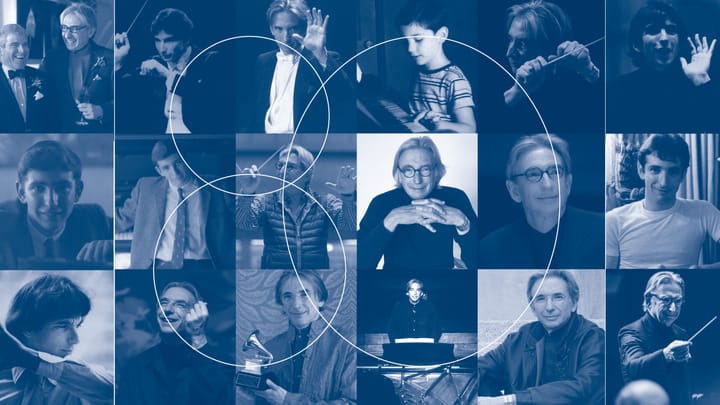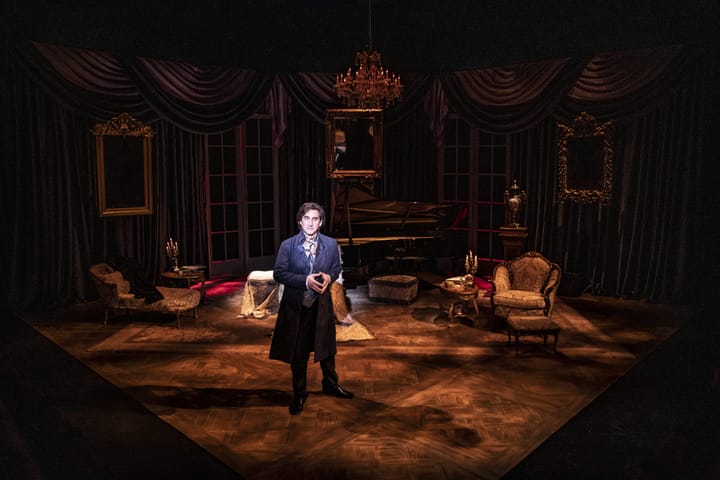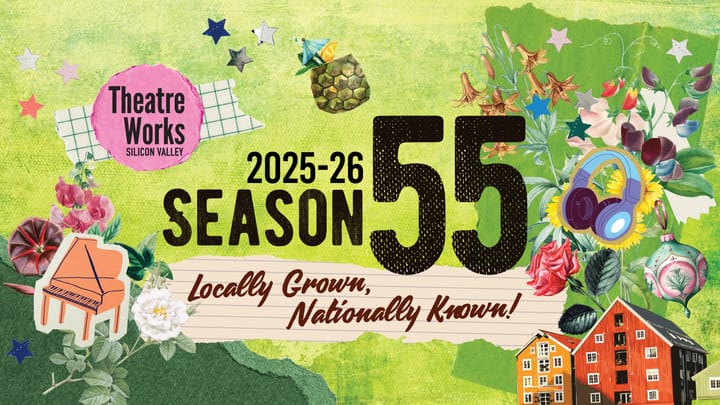Michael Tilson Thomas and the Sound of a City: A Conductor's Transformative Legacy in San Francisco
A biography on the esteemed conductor Michael Tilson Thomas.
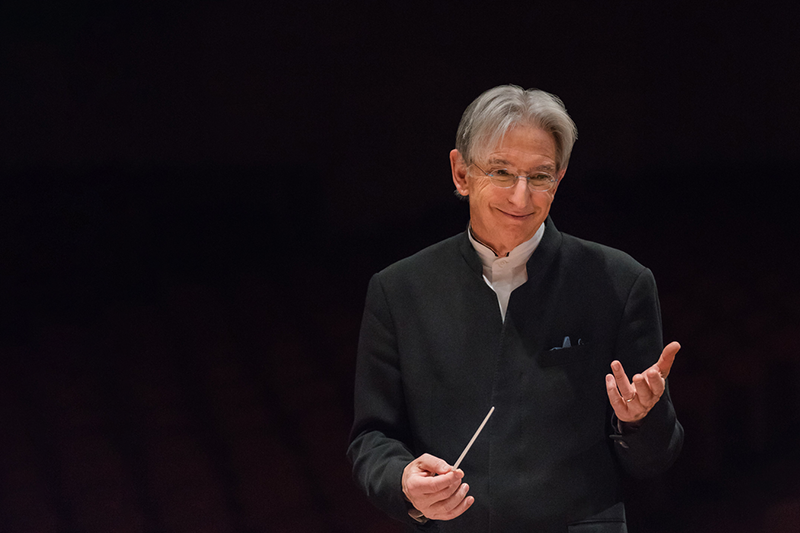
By any measure, Michael Tilson Thomas is a giant in American classical music—a conductor of immense charisma, an interpreter with deep emotional intelligence, and a tireless advocate for music’s evolving role in public life. But if one chapter of his storied career stands as a definitive masterpiece, it’s his 25-year tenure with the San Francisco Symphony.
When Tilson Thomas (known affectionately to many as MTT) took the reins of the orchestra in 1995, he inherited a respected ensemble with a strong local following. What he built, over a quarter-century, was something far more ambitious: a cultural institution with international reach, a musical laboratory for American composers, and a beacon for adventurous programming. Under his leadership, the San Francisco Symphony didn’t just play the music—it expanded what an orchestra could be.
A California Original
Born in Los Angeles in 1944, MTT’s musical roots run deep in California soil. His grandparents were Yiddish theatre performers, his father a producer and stage manager, and his childhood was steeped in both Hollywood and classical tradition. He studied at the University of Southern California conducting and composition under Ingolf Dahl, a composer who instilled in him a lifelong commitment to new music. But it was Leonard Bernstein—Tilson Thomas’s mentor and spiritual twin—who shared and fueled his passion for fostering young musicians.
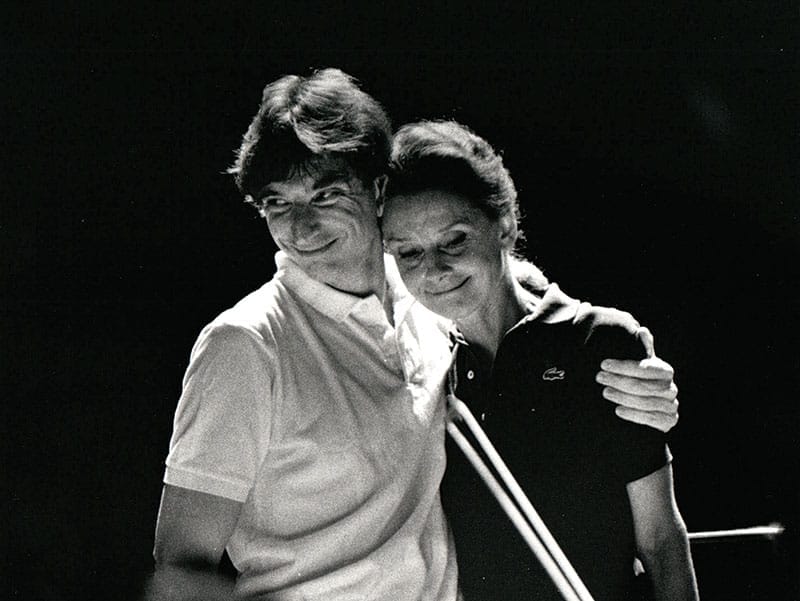
The San Francisco Years: Innovation from the Podium
If there’s one word that defines MTT’s time in San Francisco, it’s transformation. Yes, he brought a new level of polish and musicality to the orchestra’s sound. But more than that, he challenged the conventions of what a symphonic season could look like. The programming under his baton was bold, narrative-driven, and deeply personal.
He championed American composers—Charles Ives, John Adams, Aaron Copland, and Steve Reich among them—often placing them alongside the Austro-German canon not as curiosities, but as equals in the grand musical conversation. His recordings of Ives with the SF Symphony remain some of the most vital and illuminating accounts of the composer’s knotty, visionary music.
But his most ambitious—and perhaps most revealing—project was Keeping Score. Part documentary, part concert series, Keeping Score used TV, DVDs, and digital media to unpack the lives and music of composers like Mahler and Shostakovich. Tilson Thomas didn’t just explain the notes; he told the stories behind them, bringing audiences inside the music in a way that felt as intimate as it was expansive.
A Conductor’s Mahler
No composer figured more centrally in Tilson Thomas’s public artistic identity than Gustav Mahler. Over the course of his SFS tenure, he led the orchestra through a complete cycle of Mahler’s symphonies, each performance shaped by a deep understanding of the music’s emotional architecture. These were not mere exercises in grandeur—they were full-body experiences, rich with contrast, clarity, and catharsis.
The recordings, released on the orchestra’s in-house label SFS Media, earned multiple Grammy Awards and critical acclaim. More importantly, they cemented Tilson Thomas and the San Francisco Symphony as one of the premier Mahler partnerships of our time.
A Culture of Creativity
The Mahler project was just one example of how Tilson Thomas turned the SFS into a laboratory for ideas. Under his direction, the orchestra premiered dozens of new works and collaborated with artists across disciplines. He encouraged his musicians to be more than technicians—to think like storytellers, risk-takers, and creators.
And it worked. The SF Symphony became known for its clear, flexible sound, perfectly suited to everything from Baroque to brand-new. The ensemble toured widely, recorded prolifically, and consistently punched above its weight on the international stage.
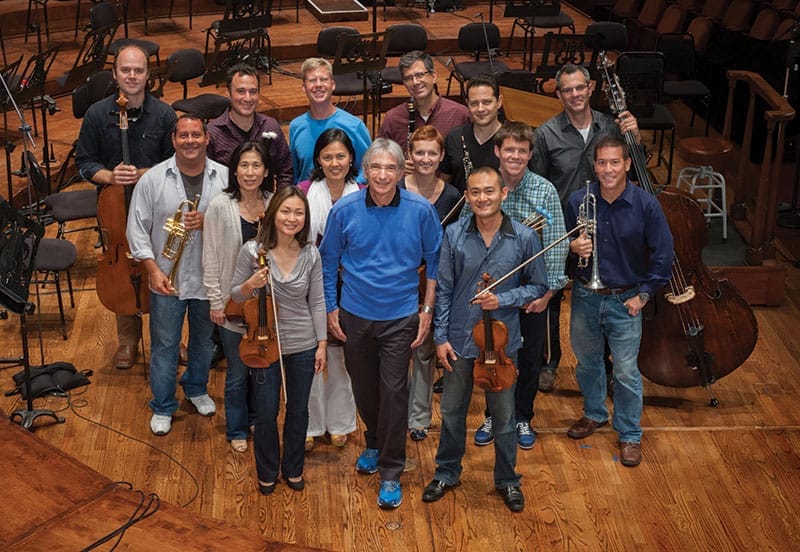
Awards, Accolades—and a Lasting Imprint
The industry noticed. Tilson Thomas racked up a dozen Grammy Awards during his time with SFS and was awarded the Kennedy Center Honor in 2019, recognizing a lifetime of artistic achievement.
But for those who followed his work closely, the most powerful parts of his legacy can’t be measured in trophies. They’re found in the quiet moments of connection—in the way he guided audiences into the inner worlds of Mahler and Ives, in the young composers he championed, and in his belief that orchestras are not museums, but living, breathing creative forces.
Beyond the Bay
Even after stepping down from his role as Music Director in 2020, Tilson Thomas didn’t retreat from the spotlight. He remains active as Music Director Laureate of the San Francisco Symphony and continues his role as Artistic Director Laureate with the New World Symphony, the Miami-based orchestral academy he co-founded in 1987. That work—mentoring the next generation of musicians—feels like the natural continuation of his lifelong commitment to the future of the art form.
Epilogue: A Legacy in Motion
Michael Tilson Thomas didn’t just conduct music—he conducted a movement. His tenure in San Francisco stands as a testament to what happens when artistic vision meets institutional trust and civic imagination. He gave the city a sound all its own, full of intellect, playfulness, curiosity, and heart.
As classical music navigates its next chapter, the legacy of MTT serves as a reminder: innovation doesn’t mean abandoning tradition. It means listening more closely, asking better questions, and telling the stories that need to be heard—loudly, clearly, and with conviction.

